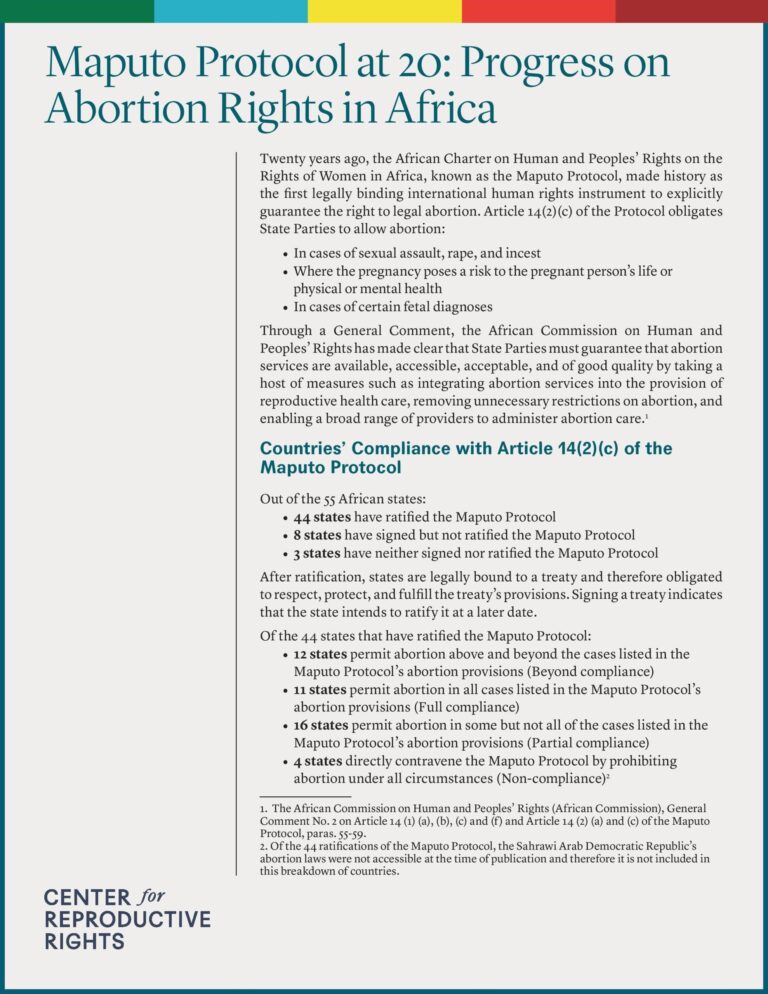The Maputo Protocol – Myth or Reality?
The Maputo Protocol, officially known as the Protocol to the African Charter on Human and Peoples’ Rights on the Rights of Women in Africa, was adopted in 2003. It represents a significant step forward in the fight for women’s rights in Africa. However, its implementation and impact have often been questioned.
Historical Context
The need for the Maputo Protocol arose from the recognition of persistent gender inequality and violence against women across the continent. Before its adoption, many African countries operated under laws that were discriminatory toward women. The Protocol aimed to address these inequalities directly, laying a foundation for women’s rights protection.
Key Provisions of the Protocol
The Maputo Protocol includes several groundbreaking provisions aimed at promoting and protecting women’s rights. These include the right to life, health, and freedom from violence, among others. It also emphasizes the importance of women’s participation in political and economic decision-making processes.
Challenges in Implementation
Despite its progressive framework, the implementation of the Maputo Protocol faces significant challenges. Many countries struggle with local customs and legal systems that contradict the Protocol’s principles. This inconsistency raises questions about the feasibility of fully realizing the rights outlined in the Protocol.
Regional Success Stories
There are, however, notable success stories regarding the Maputo Protocol’s contributions. Countries like Rwanda and South Africa have made significant strides in aligning their laws with the Protocol’s provisions. These nations serve as examples of how legal frameworks can be adapted to enhance women’s rights.
The Path Forward
For the Maputo Protocol to move from myth to reality, greater commitment at both governmental and societal levels is essential. Increased awareness and education about women’s rights can catalyze change. Ultimately, the Protocol holds the potential to transform the lives of women across Africa if fully embraced and enforced.
To explore more about the Maputo Protocol and its implications for women’s rights, visit this resource.

